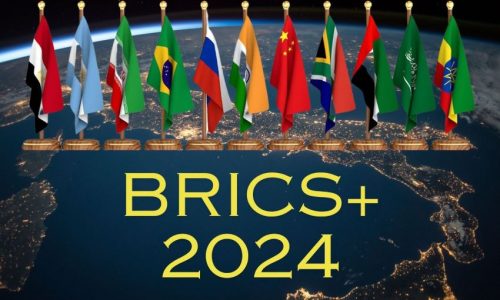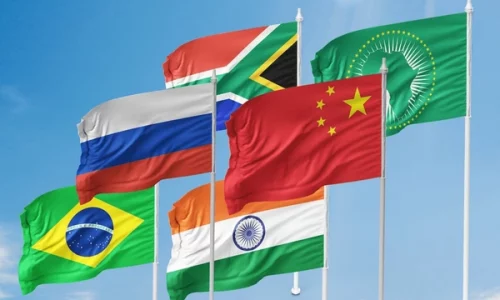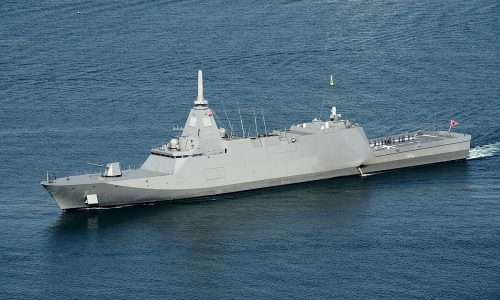Indonesia, Australia, and Papua New Guinea have signed the Sydney Declaration, establishing a regional governance framework to safeguard the biodiversity of the Arafura and Timor Seas (ATS).
The agreement, signed during the 2nd ATSEA Ministerial Forum on Thursday, December 5, 2024, outlines a 2024–2033 Strategic Action Plan (SAP) for addressing key environmental and fisheries challenges in the ATS region.
The declaration aims to tackle critical issues of Marine pollution by mitigating waste accumulation and oil spills; Illegal, Unreported, and Unregulated Fishing (IUUF) by strengthening efforts to combat illegal fishing practices; and Marine ecosystem protection by ensuring biodiversity conservation and sustainable use of marine resources.
Indonesia’s commitments
Minister of Maritime Affairs and Fisheries, Sakti Wahyu Trenggono, highlighted Indonesia’s dedication to biodiversity conservation, sustainable fisheries, and food security for coastal communities.
Key initiatives include:
- Ocean big data system: A cutting-edge monitoring system to analyze marine ecosystem balance and provide real-time data on resource management.
- Sustainable aquaculture development: Promoting aquaculture to reduce pressure on wild fish populations, aligning with the goals of the ATSEA program.
- Expanding marine conservation Areas: Enhancing protected regions to safeguard critical habitats.
- Quota-based fishing: Implementing measured, quota-driven fishing policies to ensure sustainability.
- Marine plastic waste cleanup: Collaborating with fishers to remove plastic debris from the seas.
“We believe aquaculture is closely linked to the ATSEA program. By advancing sustainable aquaculture, we can alleviate pressure on capture fisheries,” Trenggono said on Thursday, December 5, 2024.
The declaration aligns with Indonesia’s Blue Economy Framework, which prioritizes ecological health in economic development.
Trenggono emphasized that the health of the Arafura and Timor Seas must guide all resource management decisions.
Regional collaboration
The Sydney Declaration reflects a shared vision among the three nations to create a coordinated framework for marine resource governance.
By addressing transboundary issues such as IUUF and pollution, the partnership aims to secure the ecological and economic future of the ATS region.
“Indonesia invites all stakeholders to implement the blue economy and place ocean health at the forefront of managing the Arafura and Timor Seas’ resources,” Trenggono concluded.








